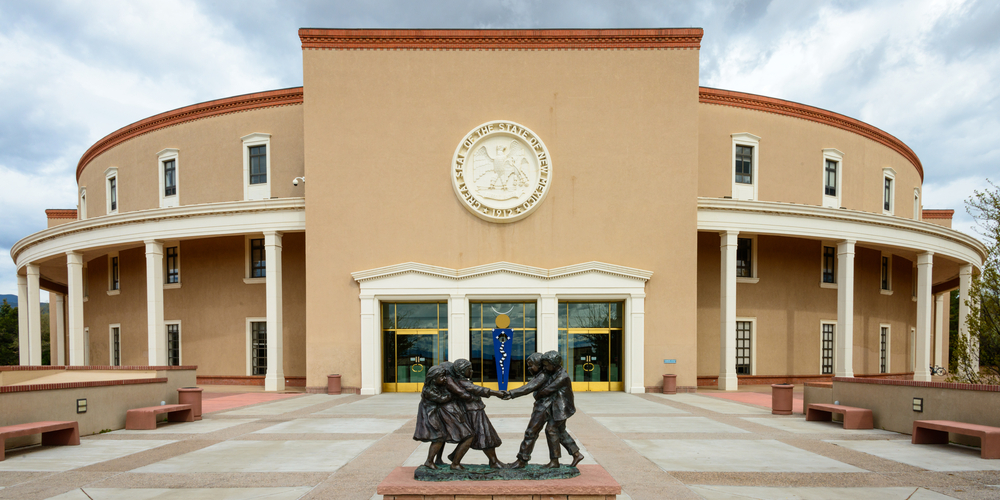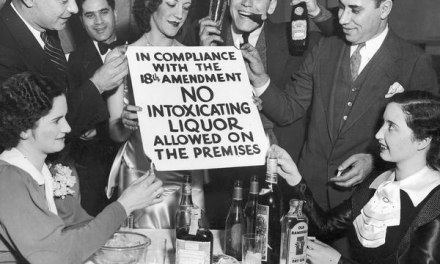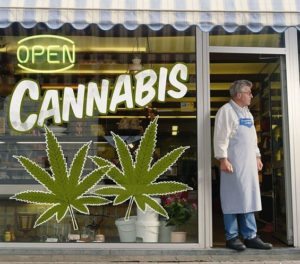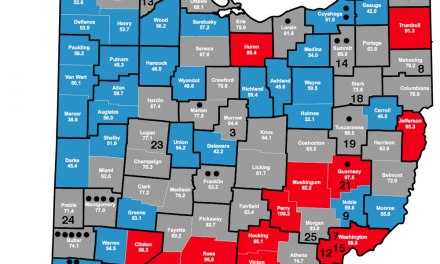It’s that time of year again. Once more, our state legislature is considering further discussion of an excise tax on alcoholic beverages. The proposed amount: around 25 cents per drink.
It may sound like a lot, but we really do need to do something about our alcohol problems. We’re told we have the highest rate of alcohol-caused deaths in the country – an estimated 2,200 this year, out of a population of 2.1 million.
According to advocates, the proposed tax would raise an estimated $275 million that could be applied to a variety of programs. By the way, an excise tax is a levy imposed on businesses that sell specific goods or services – think alcohol, tobacco, fuel.
Taxing alcohol draws plenty of opposition, principally from the beverage and restaurant sectors. Our state is a big tourist destination. We depend on that revenue.
Opponents insist that with the added tax, businesses that sell alcohol will simply ‘dry up’. No kidding, somebody actually used that term.
The discussion in the legislature is always interesting. One legislator worried about depriving people who suffered from trauma and various social inequities of the alcohol they needed for self-medication. Without it, their suffering might be unbearable. I’m not making that up.
Another legislator opined that if alcohol were too costly, citizens might be forced to skimp on food. Or perhaps, in desperation, they would turn to fentanyl.
It’s the sort of logic I’d expect to hear from somebody in a DWI class.
My hunch is that at root, the debate is really about money, and the fear that taxing alcohol would suppress people’s consumption. After all, that’s what happened with cigarettes. The higher the taxes, the fewer people chose to smoke, and those who did smoke often smoked less — which meant less revenue for the tobacco companies, and less tax revenue for the governments.
With alcohol, the focus shifts to bars and restaurants. Much of their profit comes from alcoholic beverage sales. “We’d have to charge more for dinner,” one complained, “which would discourage customers from dining out as often. We could go out of business.”
As for tax revenue, the industry claims that state and local governments may well earn more than $10 billion dollars this year. A significant amount by anyone’s standards.
It does sound like a symbiotic relationship, between two financially interdependent parties.
Anyway, we’ll see what happens. In closing, I offer this quote, from a series of articles last year by investigative journalist Ted Alcorn.
“… over the last 50 years, the price of alcohol has declined dramatically compared to the average person’s income. According to one study, in order to drink heavily of even the cheapest liquor in 1970, a person would have to spend 22 percent of average after-tax income. By 2010, doing so required just 3 percent.”
And since the advent of COViD, Americans have been drinking more than ever.












